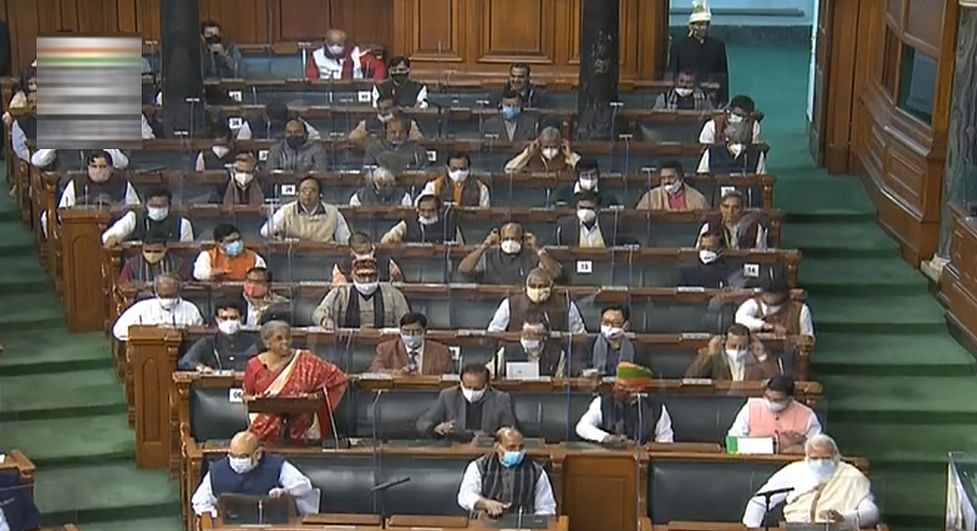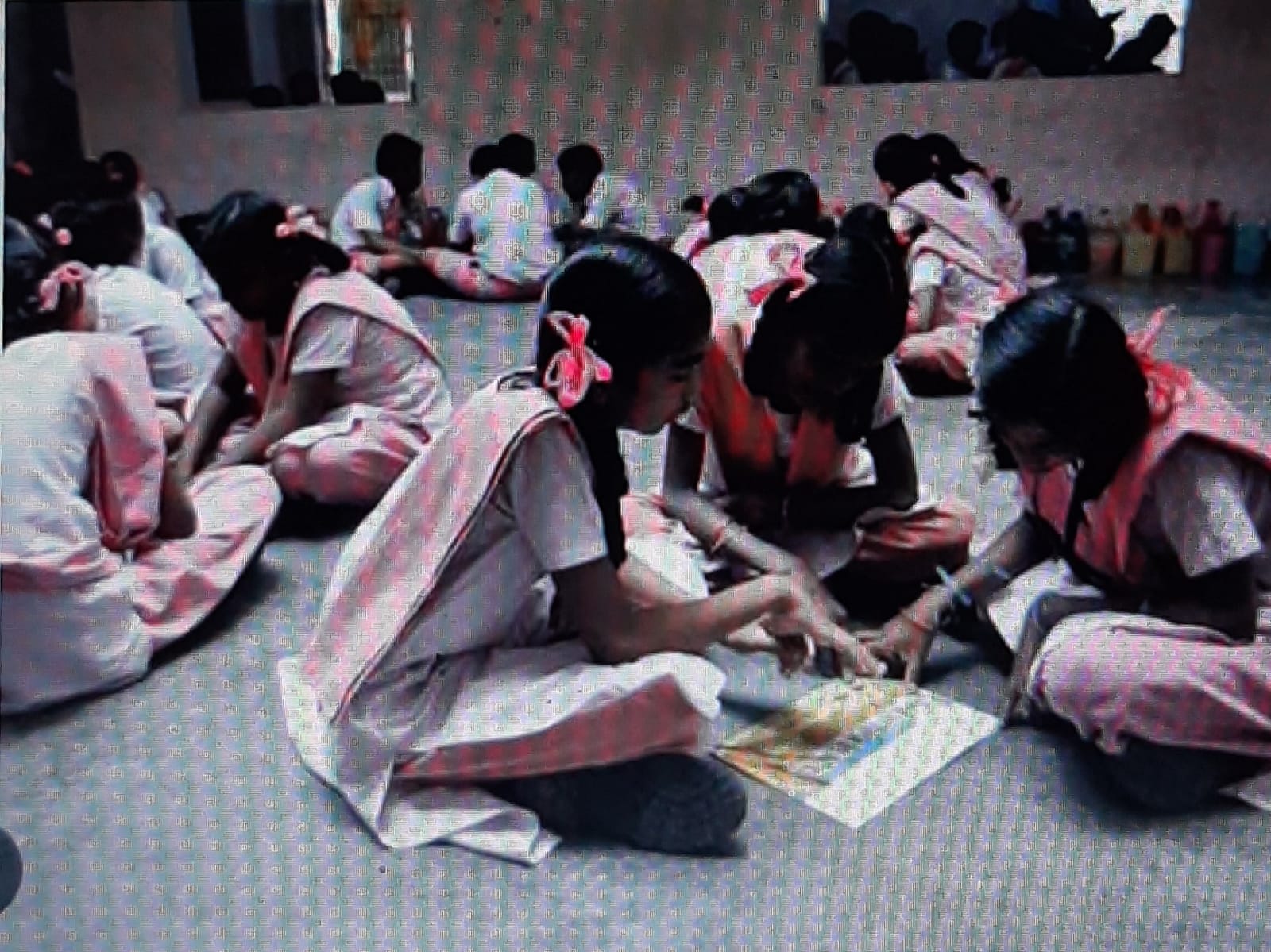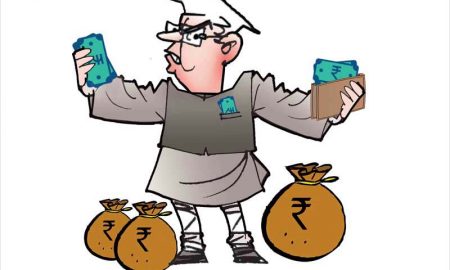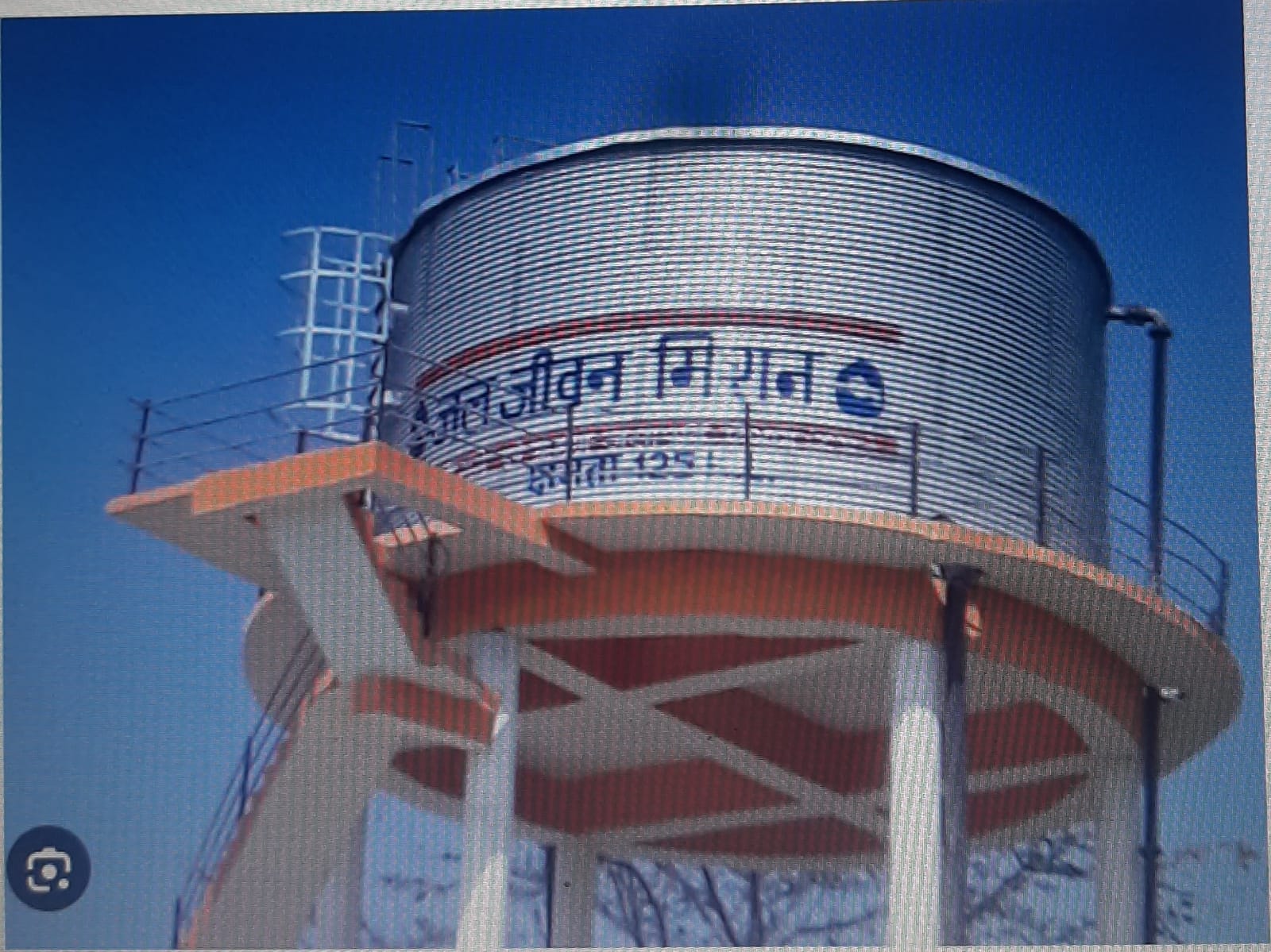
Generations have passed waiting for governments to remove the scourge of corruption which has created an octopus like grip over our governance system, writes former IAS officer V S Pandey.
A government budget is a document prepared by the government presenting its anticipated tax revenues through various sources and proposed spending/expenditure for the coming financial year. In most parliamentary systems, the budget is presented to the legislature and requires approval of the legislature before making any expenditure. Through the budget, the government implements its economic policy and presents before the people its program priorities.
In democracy the people are sovereign and hence any elected government has to account for every paisa that it collects or spends and presents such accounts to the people through the institution of parliament. Normally the amount spent on various endeavours also presents a broad picture of the thinking of the government and clarifies which way the nation is being taken by the government. This is why the budget document draws not only the attention of the people but also generates tremendous excitement before it’s presentation. Every section of the population, rich, poor, middle class, tax payers, consumers etc examines it from their own interest point and declares it pro rich or pro poor or pro middle class or anti people, as the case may be.
A democratically elected government has to look after the interest of every section of the population, balance the competing demands and help the marginalized sections of the population in such a way so as to bring them at par, as far as possible, with the rest of the population . A government is judged to be doing a good job if it succeeds in proving that it is not biased towards any section of the population and is providing a level playing field to everyone to succeed and prosper .While doing so , it specially takes care of the needs of the most vulnerable sections of the population so that they are not left behind in their quest for a basic level of living conditions. Hence it boils down to providing every citizen a decent level of education, health facilities and habitation including all the civic amenities and employment with good governance where citizens do not need to pay bribe or use sifarish to get their legal and rightful jobs done .
While dealing with the competing demands , governments must consider this reality.In case of corporate governance, the management listens to the voice of the majority of share holders ,the same way governments must listen to the majority of the shareholders i.e the majority of voters who happen to be less privileged. Thankfully our constitution makers did not distinguish between rich and poor while accepting the principle of universal suffrage. Hence governments, if they want to continue to have the support of majority of the stakeholders, must act in the best interest of the have nots first , then for others. But governments of the past and present seem to have forgotten this basic truth and are generally busy helping those with moneybags and influence. This is the reason why people in power get jittery before every election because they know very well that instead of serving the interest of the majority of their supporters, they have been acting to further the interest of the affluent. The consequences of these slippages are disastrous for the nation, as politics then gets dependent on garnering support of voters not by their actions but through extraneous factors like money bags, caste , religion and muscle power. This failure to govern in the true democratic way has led to all kinds of distortions in our body politic. This has to be remedied if we are serious about the business of governance.
A glancé at the budgets presented during the past several decades will make it amply clear that never have the people in power ever bothered to resolve problems plaguing our nation.Generations have passed waiting for governments to remove the scourge of corruption which has created an octopus like grip over our governance system. No government worth its salt ever tried to present before the people a clear time bound road map to overhaul the rotten education and health care sector of our country . Why has no government ever thought about doing something serious, in a time bound manner ,to solve the humungous unemployment problem being faced by the millions of youth of our nation?The problem of the gigantic urban -rural divide has remained unnoticed and unattended since independence.For decades, governments have been trying only patch work with suboptimal level of investments, to tackle this, with little or no success.
After so many years of self rule , we ought to have understood the problems and worked out the solutions in a time bound manner. That was not so, and still year after year we produce thick volume of direction less papers in the name of budgets. Whom these hundreds of pages of various duty reductions, concessions, exemptions, increase and decrease in taxation provisions are going to help, is clear to either those who drafted it or those who are going to benefit out of these bulky provisions. The common man remains where he was decades ago, toiling to face the daily hardships which he has been enduring throughout his living memory. When will the majority shareholders of our country , the silent majority , see the light at the end of the tunnel?
(Vijay Shankar Pandey is former Secretary Government of India)









